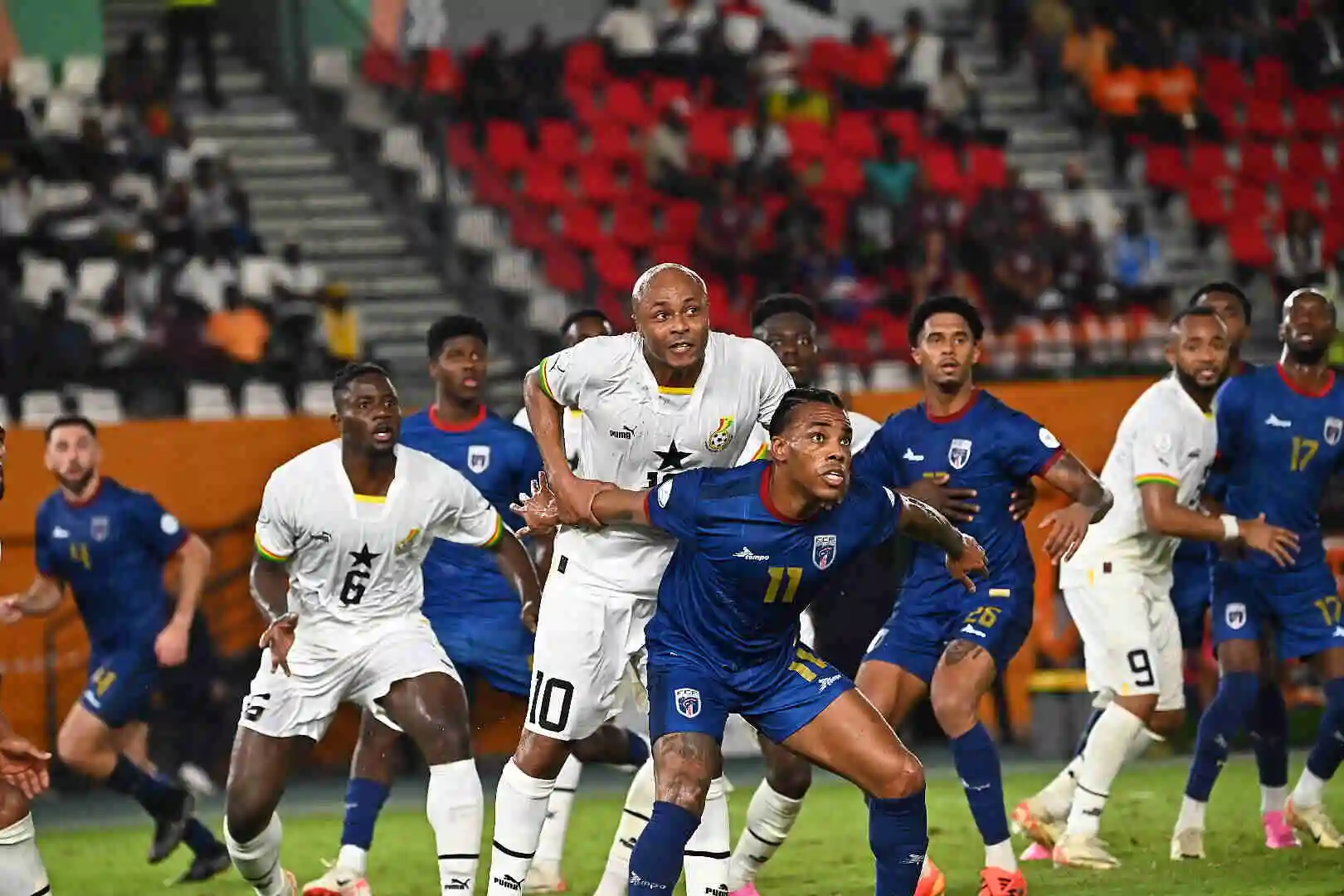The Africa Cup of Nations (AFCON), a premier football tournament in Africa, brings together national teams from across the continent in a grand celebration of African footballing talent. It stands as one of the most prestigious events in the African football calendar, showcasing the rich pool of talent the continent has to offer.
However, the tournament’s timing often impacts club teams significantly, as many key players are called up to represent their countries. This call to national duty is a high honour for players, offering them the unique opportunity to not only represent their country but also to compete in a prestigious continental tournament.
Our project does not intend to undermine the significance of the AFCON. Instead, our focus is on exploring the repercussions of this major event on club football. Specifically, we have analysed squad data from the AFCON tournaments held between 2010 and 2023 to assess its impact on club teams. This analysis aims to highlight the interplay between national pride and club commitments in the world of football, particularly in the African context.
Which Clubs Have Had The Most African Players Called Up?
Our comprehensive data collection, cleaning, and analysis have revealed significant insights into the impact of the Africa Cup of Nations (AFCON) call-ups on club teams. Leading the list of clubs most affected is TP Mazembe, a professional football club based in Lubumbashi, Congo. Since the 2010 tournament, Mazembe has seen an impressive total of 42 players depart to participate in AFCON.
Trailing close behind is the renowned Egyptian club Al-Ahly, based in Cairo. Al-Ahly, competing in the Egyptian Premier League — the apex of the Egyptian football league system — has had 37 of its players called up for national duty in AFCON. Another prominent Egyptian club, Zamalek SC, has also been significantly impacted, with 31 of their players participating in the tournament since 2010. An intriguing aspect of our findings is that 29 players were unattached or free agents at the time of their call-up by their respective national teams.
French Teams
Our analysis has identified FC Metz as the European club most significantly impacted by the Africa Cup of Nations (AFCON) since the 2010 tournament. FC Metz's notable partnership with the Senegalese academy Génération Foot has been pivotal in nurturing a host of talented players. This synergy has contributed to the development of several players who have not only made a mark at Metz but have also represented their countries in AFCON. Prominent among these players are Sadio Mané, Kalidou Koulibaly, Ismaila Sarr, Bouna Sarr, Pape Matar Sarr, and Habib Diallo. They are followed by the likes of Rennes (24), Olympique Marseille (23), Nice (22), Saint-Étienne (22) and Reims (21).
English clubs
Our data analysis has yielded some unexpected insights, particularly regarding the involvement of English clubs in the Africa Cup of Nations (AFCON) since 2010. Arsenal emerged as the Premier League club with the highest number of African players participating in AFCON during this period. A total of 14 Arsenal players have graced the tournament, including notable names like Pierre-Emerick Aubameyang, Alex Iwobi, Mohamed Elneny, Gervinho, and Nicholas Pepe. These players have not only represented their respective countries in AFCON but have also contributed significantly to Arsenal's campaigns across various competitions.
Leicester City closely follows Arsenal in this regard, with 13 of their players being called up for AFCON duties since 2010. Among Leicester's contingent, Riyad Mahrez from Algeria stands out. Mahrez was instrumental in Leicester City's remarkable Premier League triumph in the 2015-2016 season, a feat that has etched his name in the annals of the club's history. Other significant contributors from Leicester include Wilfred Ndidi, Ahmed Musa, Daniel Amartey, Islam Slimani, Nampalys Mendy, Kelechi Iheanacho, and Papy Mendy.
Methodology:
Data Collection: We gathered data from Wikipedia for the Africa Cup of Nations squads for the years 2010, 2012, 2013, 2015, 2017, 2019, 2021, and 2023. This data includes the names of the players selected for each national team during these tournaments.
Club Information: For each player selected, we also collected information about the club they were playing for at the time of the AFCON tournament. This allows us to track which clubs contributed the most players to AFCON.
Data Analysis: We will perform statistical analysis to identify the club teams that were most affected by AFCON in terms of the number of players participating in the tournament.
